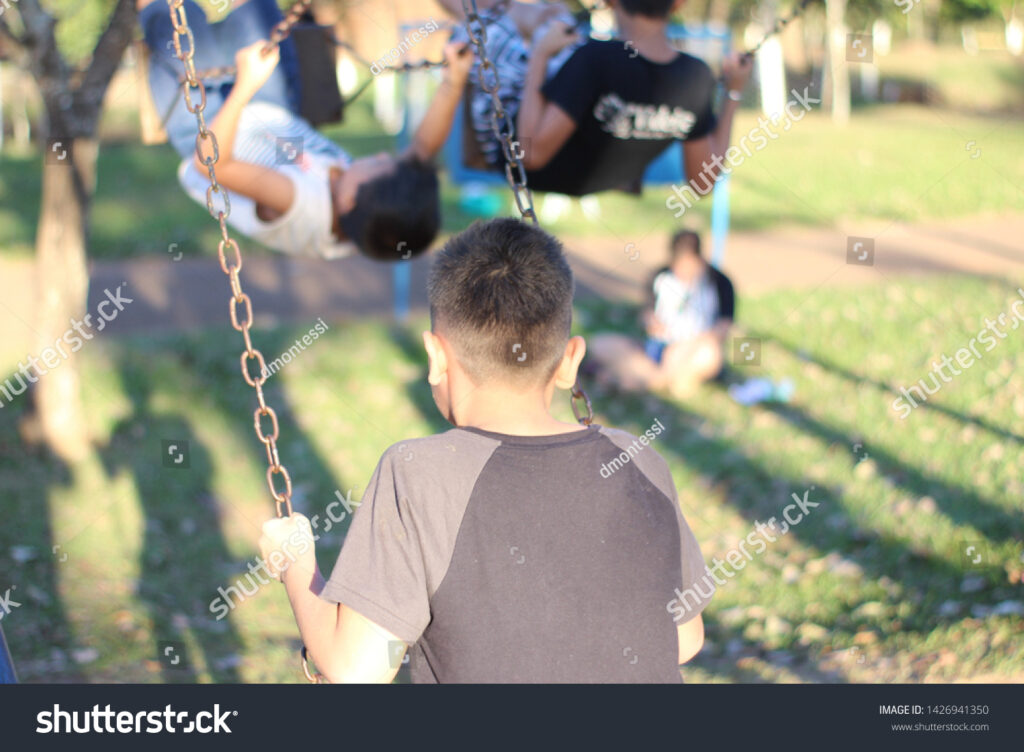
Audience
- Sentiment: Concerned
- Political Group: Public Health Advocates
- Age Group: Parents and Guardians
- Gender: All Genders
Overview
- West Texas is experiencing its largest measles outbreak in nearly 30 years with 58 confirmed cases, primarily in children aged 5 to 17.
- Low vaccination rates in the area are contributing to the outbreak, highlighting the importance of herd immunity.
- The CDC emphasizes vaccination as the most effective method to prevent measles, with two doses of the MMR vaccine providing up to 97% efficacy.
The Measles Outbreak in West Texas: What You Need to Know
It’s a sunny day in West Texas, and the typical sounds of kids playing and laughter are ringing in the air. However, something far less joyful is happening behind the scenes. West Texas is facing its largest measles outbreak in almost 30 years, and it’s a situation that’s causing many parents, health officials, and teachers to worry. Over the last few weeks, officials have reported at least 58 cases of measles, especially affecting children between the ages of 5 and 17. This article will explore what measles is, why this outbreak is concerning, and how vaccinations play a critical role in protecting our communities from such diseases.
Understanding Measles
First off, let’s dive into what measles actually is. Measles is a highly contagious viral infection that spreads easily from person to person. It can be transmitted through the air when an infected person breathes, coughs, or sneezes. Believe it or not, the virus can linger in the air or on surfaces for up to two hours after the infected person leaves the area! That means if someone with measles coughs in a room at school, the virus could still pose a threat even after they’ve gone home.
Symptoms of Measles
So, how do you know if someone has measles? The symptoms usually appear about 10 to 14 days after exposure, and they start with a high fever, cough, runny nose, and red eyes. After a few days, one of the most recognizable signs will appear: a rash that typically begins on the face and spreads to the rest of the body. The measles rash is usually bright red and can last for several days.
The scary part? Measles isn’t just an average childhood illness. While many people recover completely, it can lead to serious complications, such as pneumonia, encephalitis (which is inflammation of the brain), and even death in some cases. That’s why it’s taken so seriously by health experts.
The Current Outbreak in West Texas
In West Texas, the current outbreak is particularly alarming because so many cases have surfaced in such a short period—58 confirmed cases in just a few weeks! Out of these individuals, 13 have been hospitalized. This is particularly concerning because a large portion of those affected are children, who are more vulnerable to severe complications from measles.
One major factor contributing to this outbreak is that vaccination rates in the area seem to be low. Vaccination is key to preventing these kinds of outbreaks. When a significant portion of the population is vaccinated, it creates what public health experts call “herd immunity.” This means that the spread of the disease is limited, protecting those who cannot be vaccinated, such as infants or individuals with certain health conditions.
The Role of Vaccination
The Centers for Disease Control and Prevention (CDC) emphasizes that the best way to prevent measles is through the measles, mumps, and rubella (MMR) vaccine. The MMR vaccine is safe and highly effective; it can provide lifelong immunity against these diseases. In the case of measles, one dose of the vaccine is about 93% effective at preventing infection, and two doses boost that effectiveness to about 97%.
While discussing vaccines, it’s important to address some common myths. Some people worry about side effects or believe that vaccines can cause the diseases they aim to prevent. However, extensive research shows that vaccines are safe, and the benefits of getting vaccinated far outweigh the risks of getting the actual diseases.
Broader Spectrum of Measles Cases
It’s not just West Texas experiencing a wave of measles cases. The problem is actually widespread. Recently, measles outbreaks have also been reported in places like Alaska, Georgia, New York City, and Rhode Island. The presence of measles in these areas serves as a reminder of how quickly infectious disease can spread if people aren’t vigilant about vaccinations.
Parents all over the country are being encouraged to check their kids’ vaccination records and make sure they are up to date. This is not just important for individual health but for community health as well. Each vaccinated child helps to protect their classmates and younger siblings who may not yet be eligible for vaccines.
Protecting Your Family
You may be wondering, “What can I do to help?” If you have little ones at home, the best way to protect them is to ensure they receive their vaccinations on schedule. The MMR vaccine is generally given in two doses, with the first dose typically given to children between 12 and 15 months of age and the second dose between 4 and 6 years.
It can also be helpful to talk openly with friends and family about the importance of vaccinations. Sometimes, people have questions or concerns based on misinformation they’ve heard. Speaking positively about vaccinations and sharing credible sources of information can help dispel myths and encourage others to get vaccinated too.
The Importance of Public Awareness
Another essential factor in combatting outbreaks like the one occurring now in West Texas is public awareness. Health departments and schools can play crucial roles in educating families about the importance of vaccinations and making sure that everyone understands the potential risks of measles.
For high school students like you, being informed about this issue can empower you to engage in conversations about health, vaccines, and community responsibility. You have a voice in your school and among your peers, and discussing these topics can lead to a more knowledgeable community overall.
Getting Involved
You might even consider getting involved in initiatives that promote vaccination and health awareness. This could be through school clubs, community service projects, or even social media advocacy. Young people who understand health topics can make a significant impact in their communities!
Moving Forward
The current measles outbreak in West Texas serves as a grave reminder of how quickly infectious diseases can spread, especially when vaccination rates are low. As we move forward, it’s crucial for everyone—especially parents—to stay informed and prioritize vaccinations for their children.
Remember, measles is a preventable disease, and it’s up to all of us to protect our families and communities.
As you reflect on this important issue, what do you think is the best way to promote awareness and vaccination in your community? Share your thoughts in the comments below!





